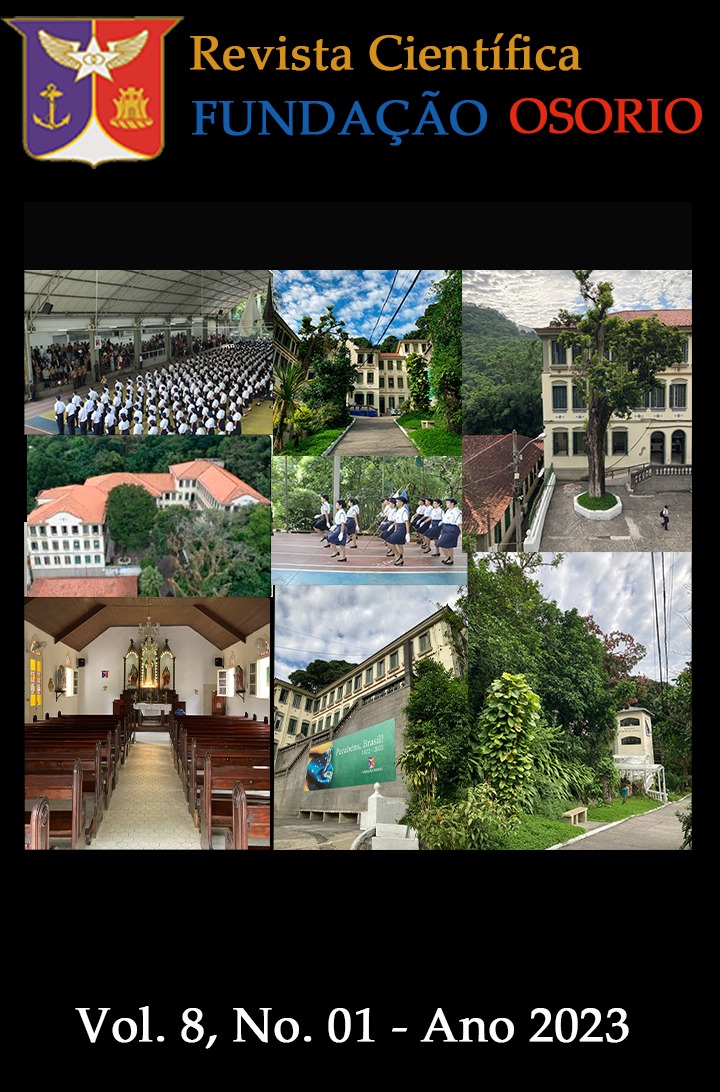In times of pandemic, the digital information and communication technologies in the state public education network in Boa Vista, RR
Keywords:
Teaching Practice, Digital Resources, Education and Technology., Remote Teaching.Abstract
The COVID-19 pandemic forced educational institutions worldwide to adopt emergency remote teaching to continue the academic year. In this context, teachers were required to daily reorganize their pedagogical activities. This period was both challenging and promising in the educational context, as it led to the expansion of digital technology usage in the teaching and learning process. This study discusses the role of teachers and coordinators in the final grades of elementary education in Boa Vista, RR, and their use of technology. The general objective of this research was to analyze the implications of the Implementation Plan for Non-Presential Activities in incorporating digital information and communication technologies into the pedagogical practice of remote classes in public schools in Boa Vista, RR, during the COVID-19 pandemic. The theoretical framework for this work drew from Kenski (2019), Oliveira (2021), Almeida (2020), Mayer (2020), Lacerda (2020), and Julião (2020), which provide concepts and definitions related to education, technology, and teacher training. This qualitative exploratory research began with a literature review and a review of official documents guiding school administrators and teachers during the pandemic. Data collection involved questionnaires for 12 responding teachers and interviews with four pedagogical coordinators in the state of Roraima. Content analysis was employed to identify the aspects explored in the studies, their theoretical references, and conclusions. Categorization was established to group them based on their objects and approaches. The results revealed a series of challenges and opportunities related to the adoption of digital technologies in remote teaching. The pandemic necessitated a rapid transition to the virtual environment, requiring teachers and educational administrators to adapt quickly and significantly. In this context, digital technologies proved essential tools for ensuring the continuity of pedagogical activities, offering support and opportunities for interaction between teachers and students. However, due to limited infrastructure and the availability of mobile devices, computers, and internet access among the population in public schools in Boa Vista, printed materials were also used to some extent to maintain the teaching process. Among the main challenges identified were teachers' lack of familiarity and proficiency with digital tools and the need to adapt pedagogical practices to the virtual environment.


